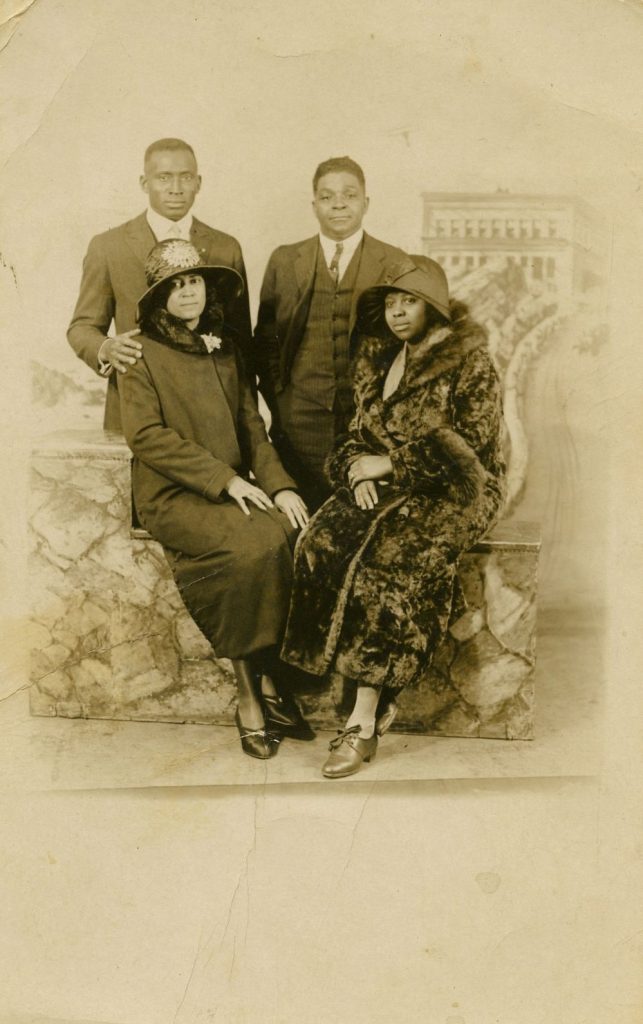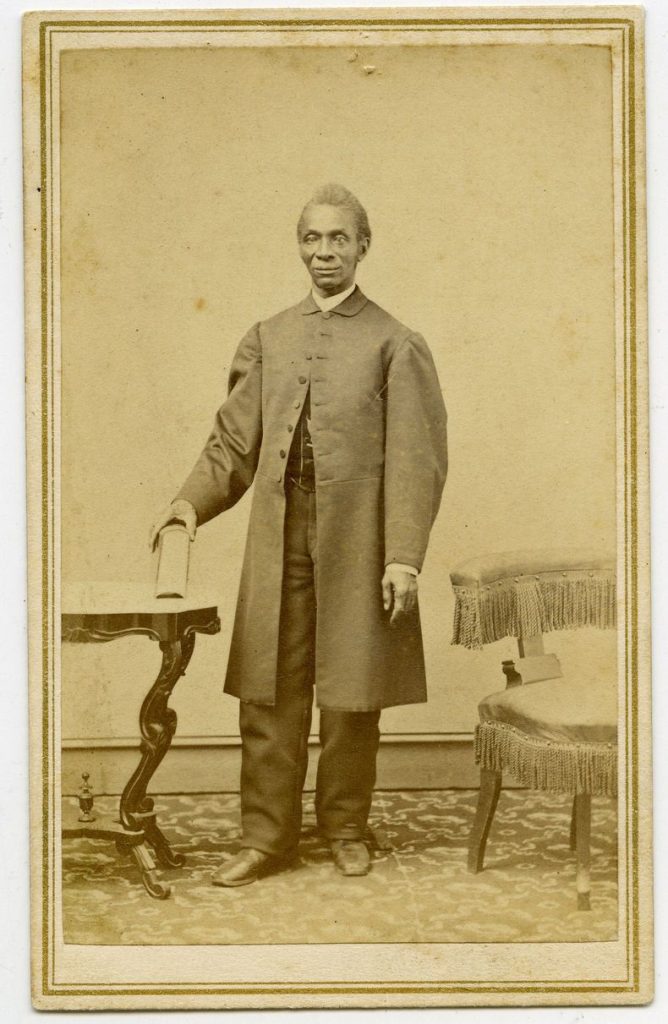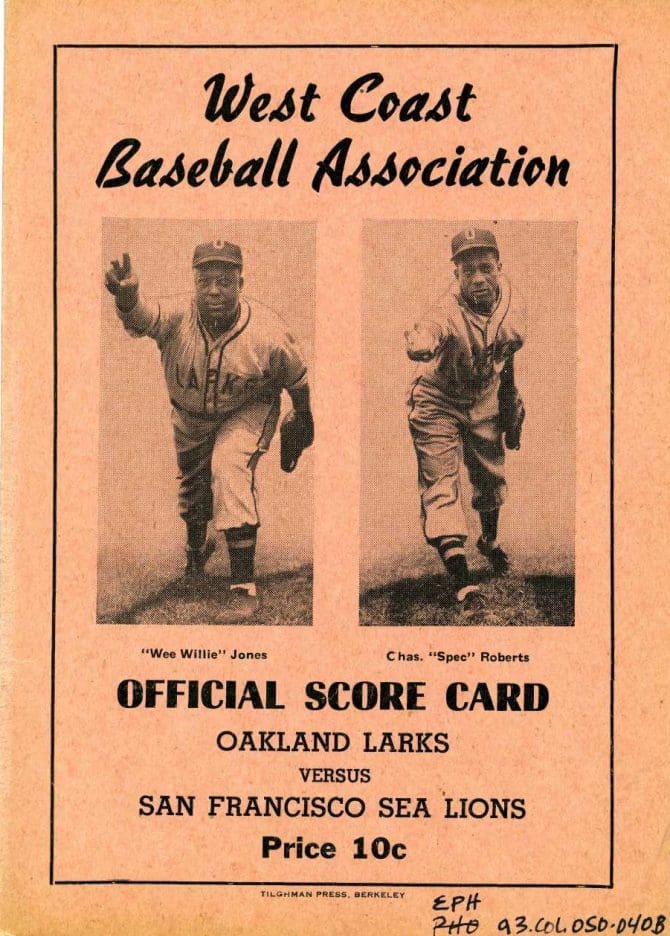
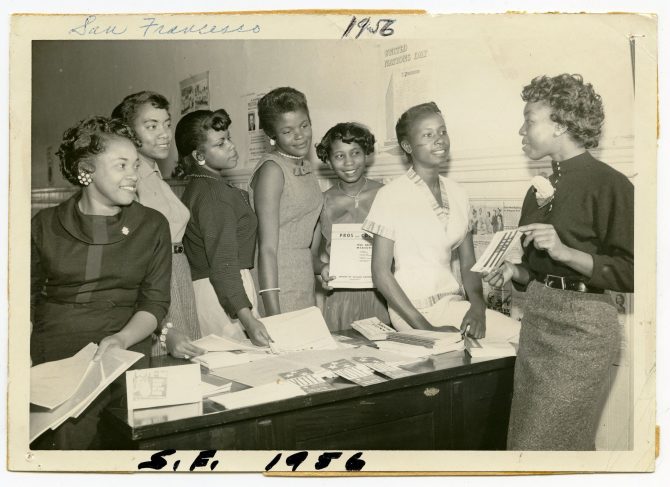
Prepare for a visit to AAMLO with these special topic resource guides.
This resource guide is intended to help users locate holdings at AAMLO related to the historical experiences of African Americans in San Francisco.
It highlights holdings in the following areas:
● Selected Library Material at AAMLO
● Selected Archival Collections at AAMLO
Other collections may contain relevant materials. Please contact AAMLO (aamlo@oaklandlibrary.org) with any questions or to schedule an appointment to view materials in person.
Selected Library Materials
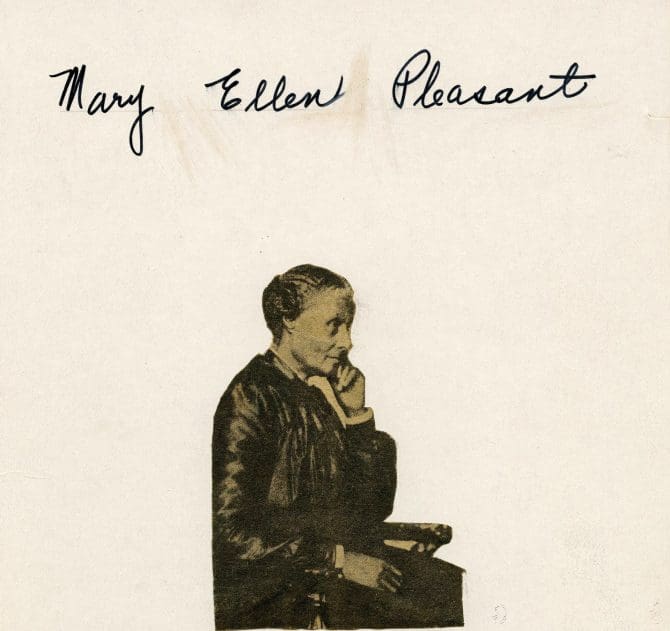
Pioneer Urbanites: a Social and Cultural History of Black San Francisco by Douglas Henry Daniels
A Walking Tour of the Black Presence in San Francisco During the Nineteenth Century [San Francisco African American Historical and Cultural Society]
From Labor to Reward: Black Church Beginnings in San Francisco, Oakland, Berkeley, and Richmond, 1849-1972 by Martha C. Taylor
Some Aspects of the Free Negro Question in San Francisco, 1849-1870 by Philip M. Montesano
San Francisco's Black Community, 1870-1890 by Francis N. Lortie
Mary Ellen Pleasant, 1817 to 1904: Mother of Human Rights in California by Susheel Bibbs
Rivets and Rights: African-American Workers and Shipbuilding in the San Francisco Bay Area, 1890-1948 by Robin Dearmon Jenkins
Black San Francisco: the Struggle for Racial Equality in the West, 1900-1954 by Albert S. Broussard
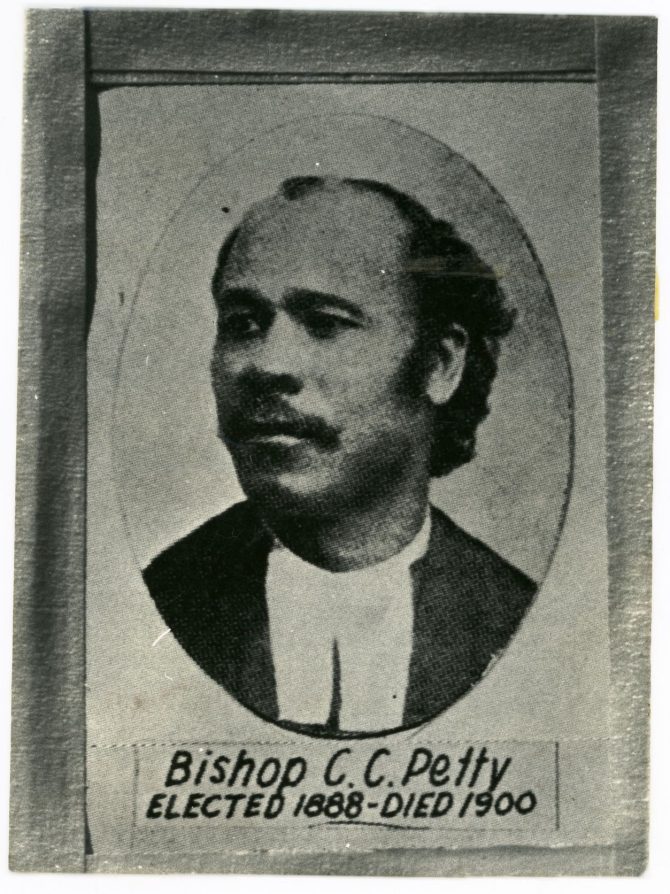
San Francisco Lithographer: African American Artist Grafton Tyler Brown by Robert J. Chandler
Harlem of the West: the San Francisco Fillmore Jazz Era by Elizabeth Pepin and Lewis Watts
The Negro War Worker in San Francisco: a Local Self-survey by Charles Spurgeon Johnson
Prophets of Rage: the Black Freedom Struggle in San Francisco, 1945-1969 by Daniel Edward Crowe
Hunter's Point by Arthur E. Hippler
Blow It Up! The Black Student Revolt at San Francisco State College and the Emergence of Dr. Hayakawa by Dikran Karagueuzian
Black Strike : Shut It Down! : San Francisco State College [Concerned Citizens of Northern California]
African Americans of San Francisco by Jan Batiste Adkins
Counterpoints: a San Francisco Bay Area Atlas of Displacement & Resistance [Anti-Eviction Mapping Project]
Selected Archival Collections
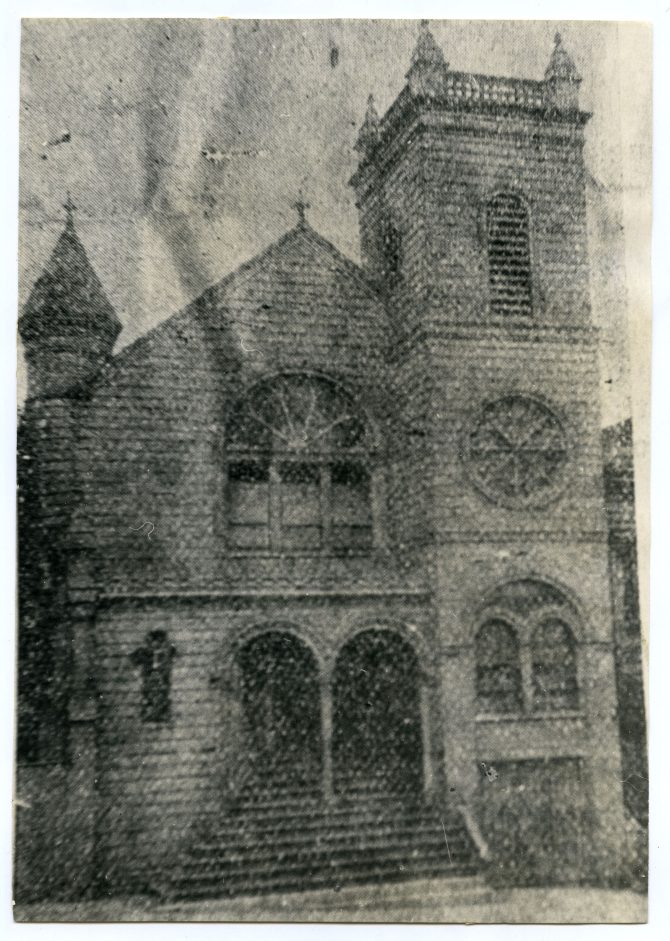
Hackett Family Papers. The Hackett family immigrated to San Francisco in 1885, when James Alexander Hackett along with his wife, Alice, and daughter, Sadie, came to San Francisco in search of employment at the advice of his first cousin, Charles Calvin Petty, a pastor at Starr King Zion Church in San Francisco, California. Two brothers of James Alexander, Sylvester R. and Charles C. Hackett, would both also move to California. Eventually settling in Alameda, James Alexander worked as a porter, a clerk at the rubber goods firm of Girvin and Company, produce merchant, and opened an express and drayage company with his brother Sylvester.
Julian Bagley Collection. Julian Elihu Bagley was born in South Jacksonville, Florida in 1892. He earned a degree in agriculture from the Hampton Institute and served in the Army during World War I. He moved to San Francisco in 1922 to open a waterfront hotel, and he became well-known as the concierge of the San Francisco War Memorial Opera House. He served as the opera house’s official greeter for 39 years beginning on its opening night on October 15, 1932.
Sylvia Anna Magruder Papers. Sylvia Anna Magruder (née Duncan) was born on July 1, 1880 in New Orleans, Louisiana the youngest daughter of Rev. Stephen Duncan and Sylvia Duncan. She graduated from New Orleans University and worked as a teacher and matron for ten years before marrying Rev. E.J. Magruder in 1908. The couple moved to California the following year, and in 1926 E.J. Magruder was appointed as the pastor at the First A.M.E. Church in San Francisco, California. Sylvia Anna Magruder served various civic and religious organizations in the San Francisco area, including the Y' Women of the San Francisco Buchanan St. YWCA and Woman's Home and Foreign Missionary Society of the African Methodist Episcopal Zion Church. She also worked for African American civil rights and advocated the hiring of the city’s first African American railway conductor, police officer, and social worker.
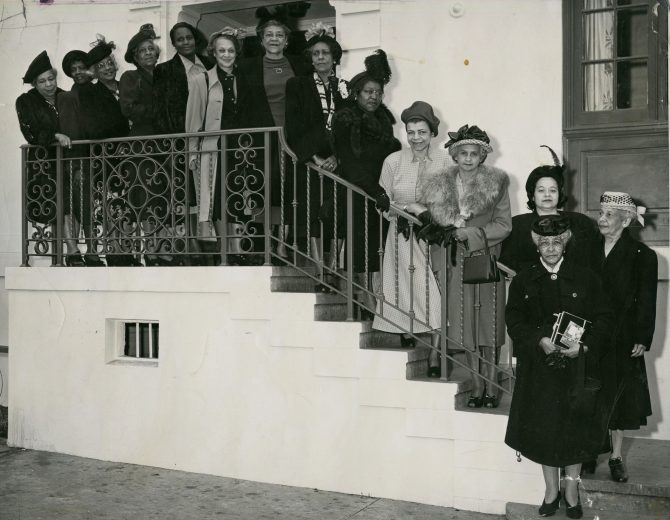
Eunomic Club Collection. The Eunomic 13 Club, an African American men’s social organization in San Francisco, was created on September 15, 1933. Its original 13 members were Earl Adams, Edward Alley, Jr., Harold Braan, Albert Browning, William Carpenter, Cornelius Chandler, David Derrick, Richard Ellis, Paul Green, Jr., Theodore Miller, Carlos McLean, Henry Steward and Eleyette Worth. The club’s mission, as stated in its original constitution, was “to promote friendliness among our members, improve our social condition and above all to provide clean and wholesome recreation.”
Harold Thaxter Lumsden Collection. Black labor leader Harold Thaxter Lumsden (1899-1996) was born on November 24, 1899 in Hagley Gap St. Thomas, Jamaica to Edward Lumsden and Dorcas Thaxter. He was raised in rural Jamaica before moving to Columbia during his teenage years to live with his uncle. In 1916, he went to sea as a ship steward surviving the sinking of two merchant vessels by German U-boats before settling first in Baltimore, Maryland and then in San Francisco, California in 1921. While San Francisco, he began taking classes in 1923 at Lincoln University School of Law while working construction, eventually graduating with a law degree in 1930. Beginning in the 1930s, Lumsden worked as a labor organizer for Union Local 261, unionizing workers at Hamilton Field in 1933 and shipyard workers at Bethlehem Shipyards in Alameda and Hunters Point Naval Shipyards in San Francisco, and as a business agent with Shipyard Laborers Local #886 during World War II. Following the war, he worked as laborer in the shipyards and was elected as Local 886’s union representative to the San Francisco Labor Council and the California Federation of Labor. Lumsden served on the Executive Committee of the San Francisco Labor Council and served as recording secretary of the Shipyard Laborers Local #886 until his retirement in 1983.
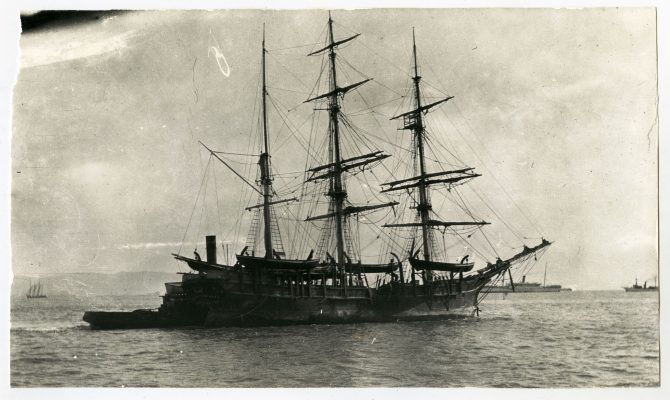
Louis J. Avelino Papers. The Louis J. Avelino Papers consist of photographs, ephemera, military medals, and documents related to Avelino’s participation in the International Longshoremen’s & Warehousemen’s Union. The ephemera series include dinner menus, dining cards, and a navy safety broadsheet from the Pearl Harbor Navy Station, and also includes a scrapbook of newspaper clippings chiefly related to Pearl Habor. The photographs are mostly of Avelino’s friends and family members, and also includes a few images related to his work with the International Longshoremen’s & Warehousemen’s Union a track meet at Berkeley High School in 1933. The International Longshoremen’s & Warehousemen’s Union file includes the constitution and by-laws of San Francisco Area Bay ILWU pensioners, a 1957 contract for dockworkers, and an untitled manuscript three-page documenting the experiences of longshoreman Len Greer and the San Francisco maritime strike of 1934.
Marcus Hall Papers. Baritone singer Marcus Hall (1904-1977) was born on September 8, 1904 in California to William M. and Susie Hall. Hall was raised in Bakersfield, California until 1923, when the family moved to Berkeley, California where he completed his final year of high school at San Francisco's Polytechnic High School in 1924. Shortly thereafter he enrolled at the Musical Art Institute of San Francisco and he began taking voice lessons to become a professional singer. When the famous African American singer Roland Hayes heard Hall's voice, he made arrangements for him to study with his mentor Sir George Henshell in London, England. Hall travelled to London in the fall of 1929, where he spent two years as Hayes' protégé and student. Hall was the first African American singer from California to make his debut in London, and he performed in concerts in England over the next two years. In 1931, Hall returned to San Francisco, California to continue his singing career and in 1934 joined the theatrical group The Brown Skin Models, touring the U.S. over the next three years.
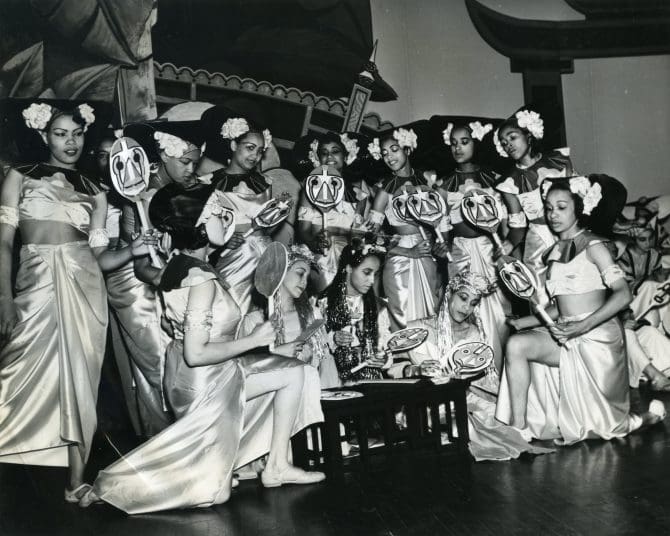
Bernice Middleton Papers. Bernice Middleton (1915-2002) was born in 1915 in Arkansas to Rev. T.J. and Pearline Middleton. Following the outbreak of World War II, she moved to San Francisco to work at a veterans’ hospital in 1943. After working as a nurse at various hospitals and private practices in San Francisco in the 1940s, she returned to school at Wilberforce University in Ohio, graduating with a B.S. in 1952 and a B.D. in Divinity from Payne Theological Seminary. Returning to California, she was appointed Dean of Girls at the California School for the Deaf in Berkeley, where she taught for the next seven years, before teaching at Ceres Unified School District (1960-1967) and Modesto Junior College.
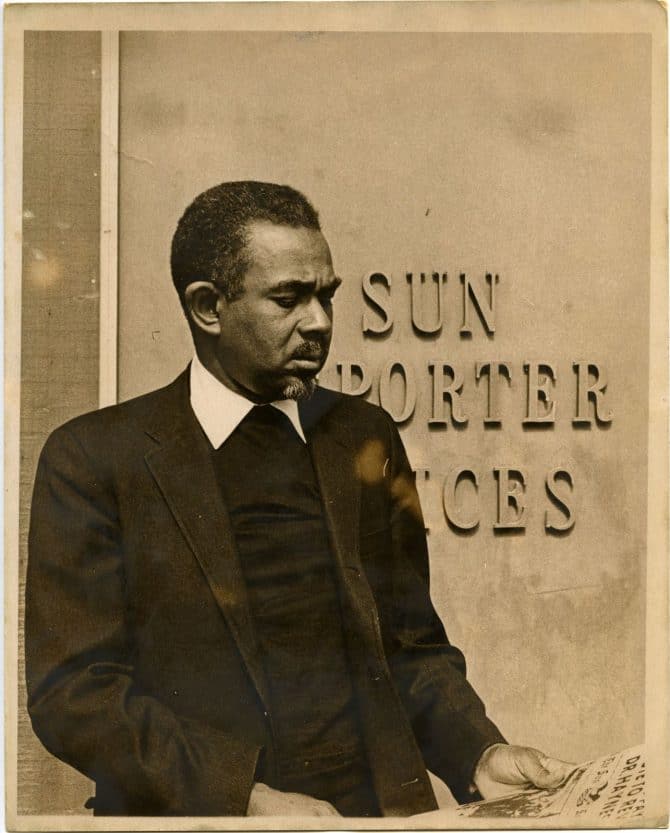
office building, circa 1970s, African American Museum & Library at Oakland Photograph collection, MS 189, African American Museum & Library at Oakland, Oakland Public Library.
Thomas C. Fleming Papers. Journalist Thomas C. Fleming (1907-2006) was born on November 29, 1907 in Jacksonville, Florida. Fleming was hired as the founding editor of the African American newspaper The Reporter in 1944, which quickly merged with Carlton B. Goodlett’s newspaper The Sun, to become the Sun-Reporter. He worked as managing editor and lead reporter for the Sun-Reporter for over 33 years until his retirement in 1997 at the age of 89.
Jefferson A. Beaver Papers. Jefferson Beaver (1908-1991) was born on May 20, 1908 in Warren, Arkansas. In 1911 Beaver relocated with his family to San Francisco, California where he graduated with a B.A. from the University of California, Berkeley in 1936 and briefly attended Golden Gate Law School in San Francisco. Beaver was co-founder and executive vice president of Transbay Federal Saving and Loan, a bank which was established in 1949 to primarily serve African Americans in the San Francisco Bay area. Beaver was known for his civil rights work among San Francisco’s African American community, serving as president of the San Francisco Chapter of the NAACP and the Bay Area Urban League in the 1950s and was the director of San Francisco's United Community Fund. He was active in governmental affairs and was appointed to the City and County of San Francisco Advisory Committee on Urban Development, California Committee for Fair Employment Practices, and was a member of the San Francisco Council for Civic Unity.
Robert B. Pitts Papers. In 1948, Pitts was hired as the racial relations officer in the San Francisco office of the Public Housing Administration, where he wrote reports and provided analysis and outreach to low-income and minority communities in the department’s western district. Pitts served as racial relations officer until 1957, when he subsequently served as a market analyst (1957-1961), assistant to the regional administrator, Housing & Home Finance Agency (1961-1962), and deputy regional administer (1962-1964). In 1964, he was promoted to regional administrator, Housing & Home Finance Agency (1964-1966), where he coordinated the agency’s housing programs in eleven Western states. In 1966, Pitts was appointed as the first regional administrator of the newly created U.S. Housing and Urban Development Department, a position he would hold until his retirement in 1970. Following his death in 1982, the Robert B. Pitts Plaza in the Western Addition neighborhood of San Francisco was named in his honor.
Memry Midgett Papers. Jazz pianist and social worker Memry Florence Midgett (1920-2013) was born on December 10, 1920 in Chicago, Illinois the only child of Julia Ross and Thomas Jefferson Midgett, a bar tender and iron worker. She started her career as a professional musician in the 1950s performing as an opening act for legendary bands such as Duke Ellington, Louis Armstrong, and Count Basie at Downbeat and Black Hawk night clubs in San Francisco, California.
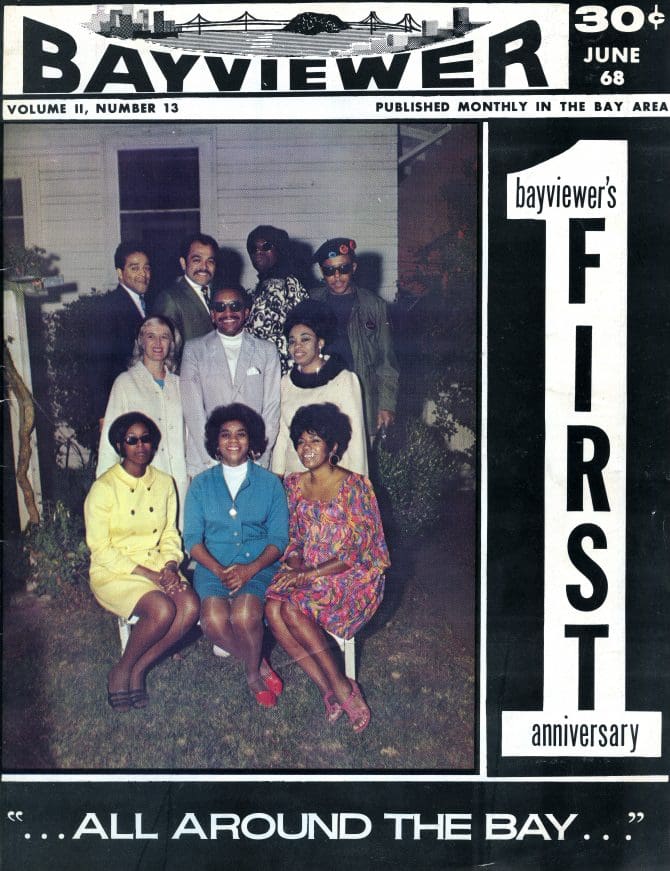
Bayviewer Magazine Collection. The Bayviewer (1967-?) magazine collection consists of 20 issues of the Bayviewer and Lennie's Bayviewer magazine, a political and social magazine focused on the African American community in the San Francisco Bay Area. The magazine regularly featured advertisements by black-owned business and articles on local fashion trends, entertainment venues, politics, social organizations.
Benjamin V. Williams Papers. In 1963, Benjamin V. Williams was hired at the San Francisco Examiner, becoming the first African American journalist at the newspaper. After joining KPIX in 1966, Williams became the first African American television reporter in northern California. While working as a television news reporter at KPIX, he covered stories on the Free Speech Movement on the University of California Berkeley campus, Vietnam War protests, the assassination of Bobby Kennedy at the Ambassador Hotel in Los Angeles, California, the Black Panther Party, Symbionese Liberation Army’s kidnapping of Patty Heart, and the trial of serial killer Juan Corona. He worked for KPIX for over 25 years until his retirement in 1990.
Curtis E. Green Photograph Collection. Curtis E. Green (1924-2002) was the first African American to administer a major U.S. transit system. Born in Louisiana, he served in the Marine Corps during World War II then moved to San Francisco where he worked as a Muni bus driver beginning in 1945. He worked as a bus driver for twenty years and was promoted to the Director of Personnel and Safety in 1969 and Deputy General Manager in 1973. He was promoted again the following year to General Manager of Muni which he would run until his retirement in 1982.
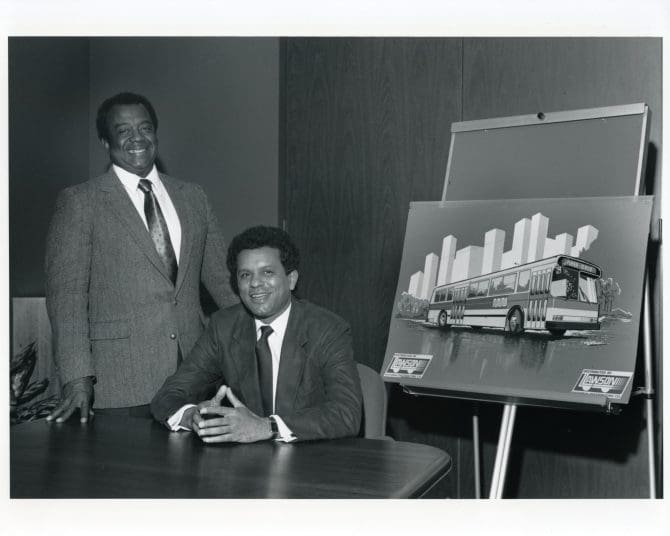
George L. Newkirk Papers. The George L. Newkirk Papers consist of photographs, biographical material, and administrative files created while Newkirk served as the Director of Labor Relations and Management Development at the San Francisco Municipal Railway between 1985-1993.
Jim Goggin Oral History Collection. Jim Goggin was the founder of the San Francisco Traditional Jazz Foundation. Created as a non-profit in 1981, the San Francisco Traditional Jazz Foundation stated, as its primary mission, the archival preservation of thousands of items related to the West Coast Jazz Revival that began in San Francisco about 1939. The Jim Goggin Oral History Collection consists of 8 oral histories with jazz drummer and band leader Earl Watkins, an oral history with musician and session pianist Rodney Burge, and material as published in the book Earl Watkins: The Life of a Jazz Drummer by Jim Goggin.
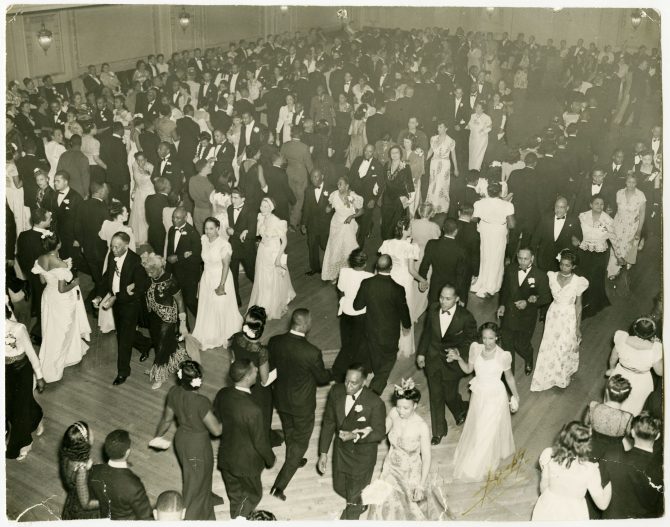
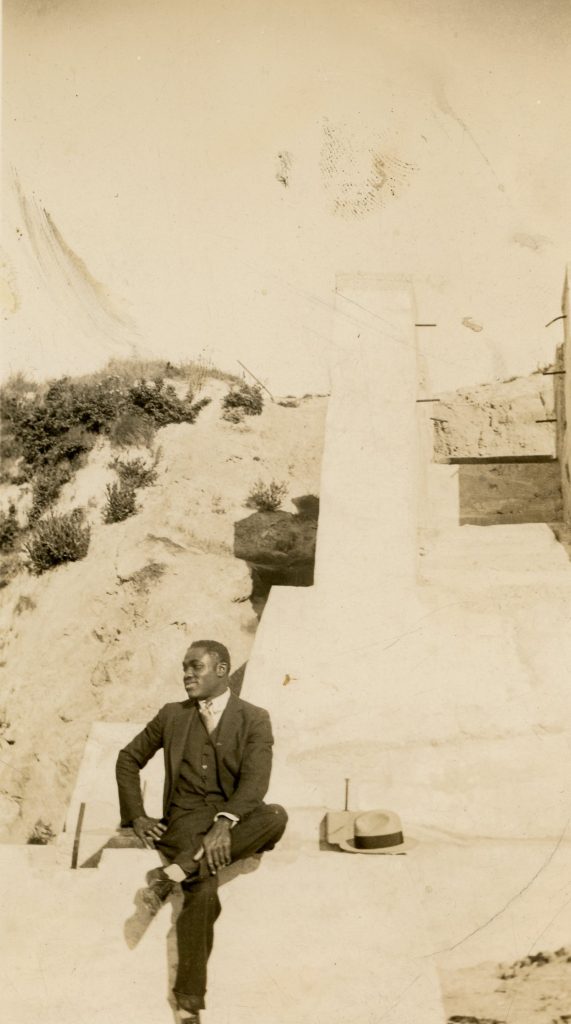
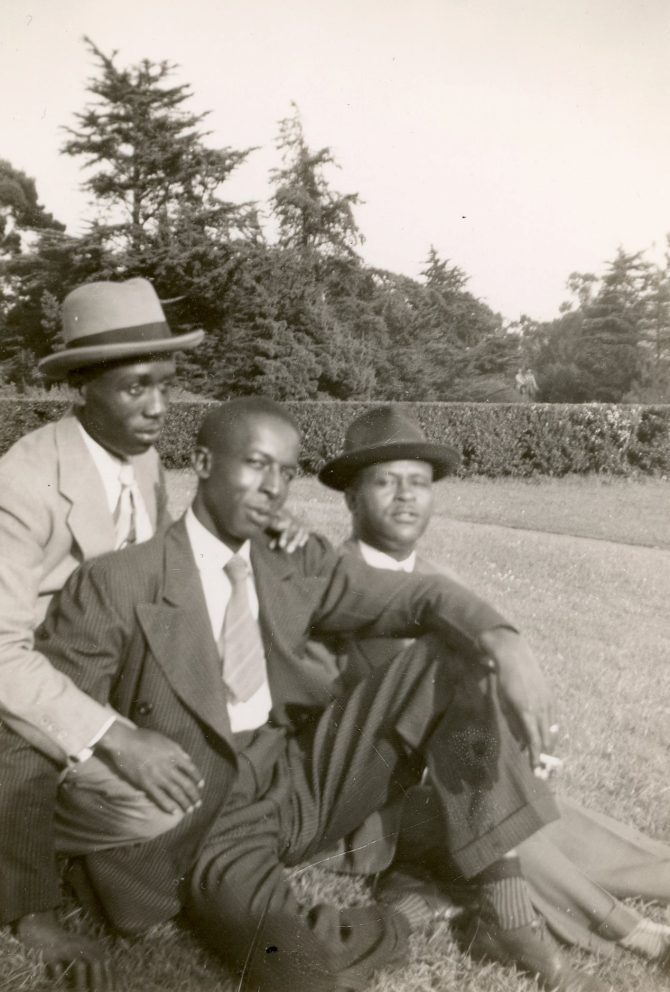
Additional Information
Search the library using the catalog.
Consult AAMLO's finding aids in the Online Archive of California.
We are working to create new resource guides. Have an idea for a new guide? Contact us at aamlo@oaklandlibrary.org.

